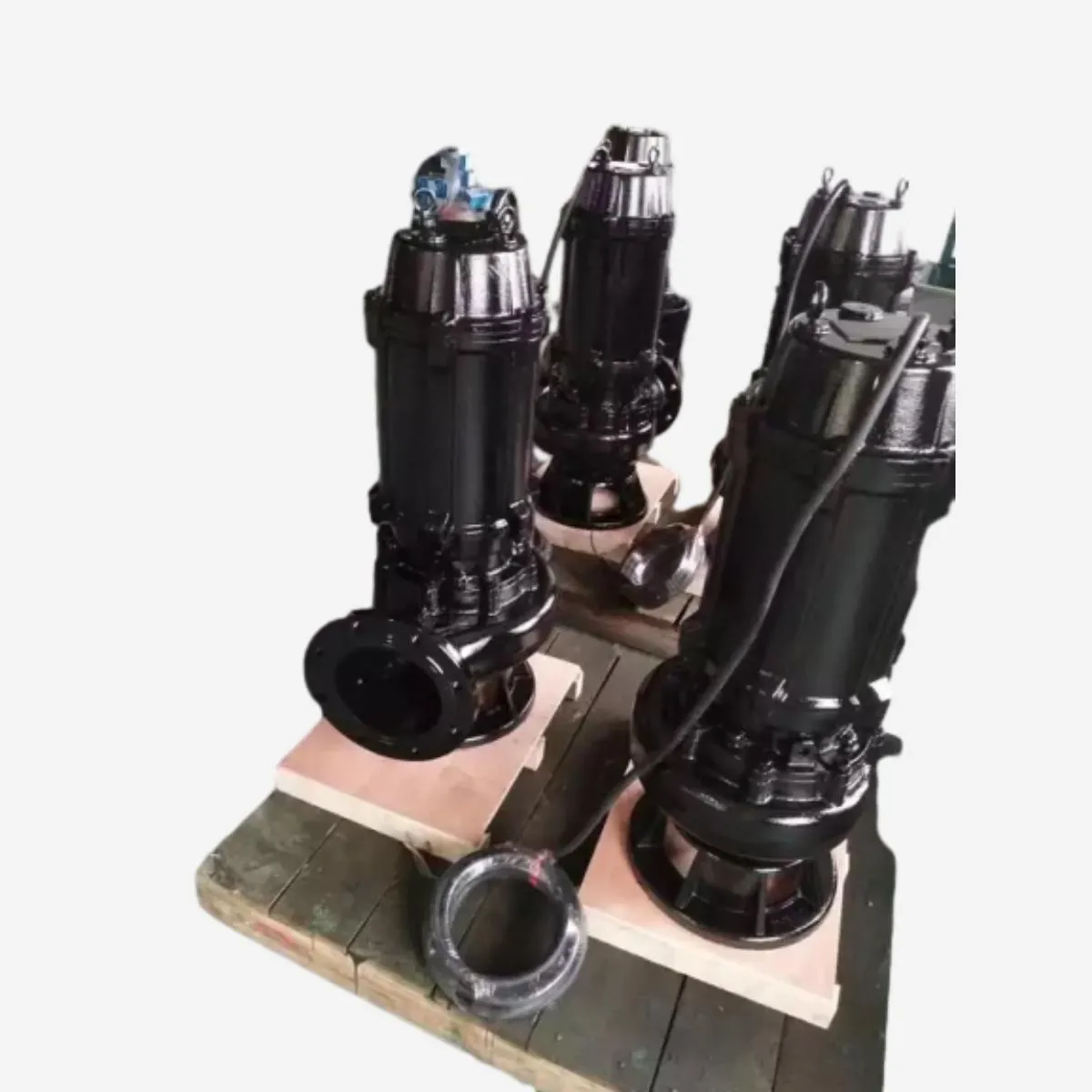English
- Afrikaans
- Albanian
- Amharic
- Arabic
- Armenian
- Azerbaijani
- Basque
- Belarusian
- Bengali
- Bosnian
- Bulgarian
- Catalan
- Cebuano
- Corsican
- Croatian
- Czech
- Danish
- Dutch
- English
- Esperanto
- Estonian
- Finnish
- French
- Frisian
- Galician
- Georgian
- German
- Greek
- Gujarati
- Haitian Creole
- hausa
- hawaiian
- Hebrew
- Hindi
- Miao
- Hungarian
- Icelandic
- igbo
- Indonesian
- irish
- Italian
- Japanese
- Javanese
- Kannada
- kazakh
- Khmer
- Rwandese
- Korean
- Kurdish
- Kyrgyz
- Lao
- Latin
- Latvian
- Lithuanian
- Luxembourgish
- Macedonian
- Malgashi
- Malay
- Malayalam
- Maltese
- Maori
- Marathi
- Mongolian
- Myanmar
- Nepali
- Norwegian
- Norwegian
- Occitan
- Pashto
- Persian
- Polish
- Portuguese
- Punjabi
- Romanian
- Russian
- Samoan
- Scottish Gaelic
- Serbian
- Sesotho
- Shona
- Sindhi
- Sinhala
- Slovak
- Slovenian
- Somali
- Spanish
- Sundanese
- Swahili
- Swedish
- Tagalog
- Tajik
- Tamil
- Tatar
- Telugu
- Thai
- Turkish
- Turkmen
- Ukrainian
- Urdu
- Uighur
- Uzbek
- Vietnamese
- Welsh
- Bantu
- Yiddish
- Yoruba
- Zulu
Telephone: +86 13120555503
Email: frank@cypump.com
Aug . 15, 2024 08:35 Back to list
Efficient Submersible Pumps for Handling Sewage and Wastewater in Various Applications
The Importance of Sewage Water Submersible Pumps in Wastewater Management
Sewage water management is a crucial aspect of urban infrastructure, ensuring that waste is properly handled and treated to protect public health and the environment. One of the critical components of effective sewage management systems is the sewage water submersible pump. This specialized equipment plays a vital role in removing wastewater from residential, commercial, and industrial sites, making it an essential investment for any municipality or private entity responsible for managing sewage and wastewater.
Understanding Sewage Water Submersible Pumps
Sewage water submersible pumps are designed to function underwater, facilitating the efficient movement of wastewater and sewage. Unlike standard pumps that operate above the water level, submersible pumps are fully submerged in the fluid they are pumping, which helps to prevent issues like cavitation and allows them to handle a variety of liquids, including those with solids and debris.
These pumps are typically made of durable materials, such as stainless steel or cast iron, which enable them to withstand the corrosive nature of wastewater. The pump is equipped with an electric motor that drives an impeller, creating the necessary suction to lift sewage to the surface, where it can be transported to treatment facilities.
Advantages of Submersible Pumps
Several advantages make sewage water submersible pumps a preferable choice in wastewater treatment systems. Firstly, these pumps are highly efficient. They can move large volumes of water quickly, which is crucial during peak usage times or in areas prone to flooding. Their design minimizes energy consumption while maximizing output, leading to cost savings for operators.
sewage water submersible pump

Secondly, submersible pumps reduce noise pollution. Because they operate underwater, the noise emitted during their operation is significantly lower than that of traditional pumps. This is particularly important in residential areas where excessive noise can be a nuisance to inhabitants.
Additionally, submersible pumps are easier to install and maintain compared to surface-mounted alternatives. Their design allows for easy deployment in various locations, including tight spaces or deep pits. Routine maintenance can often be performed without removing the pump from its operational position, which reduces downtime and labor costs.
Applications in Wastewater Management
The applications of sewage water submersible pumps are diverse. They are commonly used in municipal wastewater treatment plants, where they help transport sewage from households and businesses to treatment facilities. Furthermore, these pumps are also utilized in construction sites, where they can efficiently handle excess water or sewage, ensuring that operations can proceed without disruption.
Another significant application is in flood control systems, where submersible pumps remove excess water to protect properties and infrastructure during heavy rain events. Their versatility also lends them to be used in agricultural settings, where they can assist in managing and disposing of wastewater from farming processes.
Conclusion
In conclusion, sewage water submersible pumps are an indispensable part of modern wastewater management systems. Their efficiency, reduced noise levels, ease of installation, and versatility make them highly effective for handling sewage and wastewater in various environments. As urban areas continue to grow and face challenges related to waste management, investing in reliable pumping solutions like submersible pumps will remain a priority. Properly functioning sewage water submersible pumps not only protect public health by ensuring waste is treated effectively but also contribute to a cleaner and more sustainable environment.
-
ISG Series Vertical Pipeline Pump - Chi Yuan Pumps Co., LTD.|Advanced Hydraulic Design&Energy-Efficient Solutions
NewsJul.30,2025
-
ISG Series Vertical Pipeline Pump - Chi Yuan Pumps Co., LTD.
NewsJul.30,2025
-
ISG Series Vertical Pipeline Pump - Chi Yuan Pumps Co., LTD.|energy-efficient fluid handling&industrial durability
NewsJul.30,2025
-
ISG Series Vertical Pipeline Pump - Chi Yuan Pumps | Advanced Engineering&Industrial Efficiency
NewsJul.30,2025
-
ISG Series Pipeline Pump - Chi Yuan Pumps | High Efficiency, Energy Saving
NewsJul.30,2025
-
ISG Series Vertical Pipeline Pump-Chi Yuan Pumps|High Efficiency&Reliable Performance
NewsJul.29,2025










